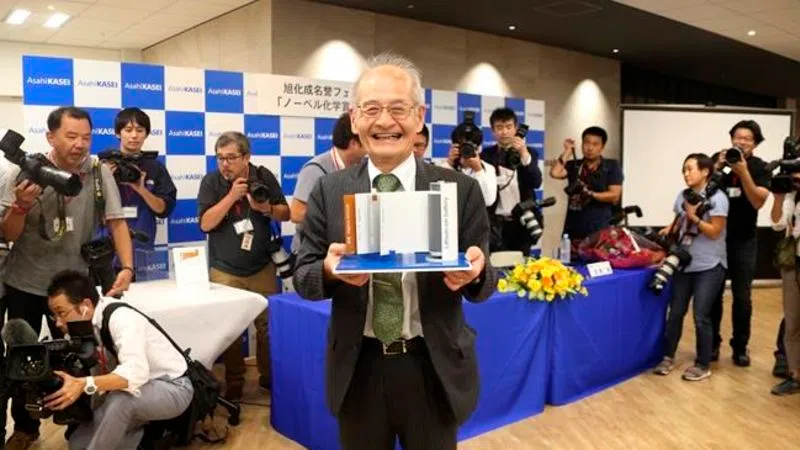
3 win Nobel in Chemistry for work on lithium-ion batteries
STOCKHOLM — Three scientists won the Nobel Prize in Chemistry on Wednesday for their work developing lithium-ion batteries, which have reshaped energy storage and transformed cars, mobile phones and many other devices — and reduced the world’s reliance on fossil fuels that contribute to global warming.
The prize went to John B. Goodenough, 97, a German-born engineering professor at the University of Texas; M. Stanley Whittingham, 77, a British-American chemistry professor at the State University of New York at Binghamton; and Japan’s Akira Yoshino, 71, of Asahi Kasei Corporation and Meijo University.
Goodenough is the oldest person to ever win a Nobel Prize.
The three each had a set of unique breakthroughs that cumulatively laid the foundation for the development of a commercial rechargeable battery.

